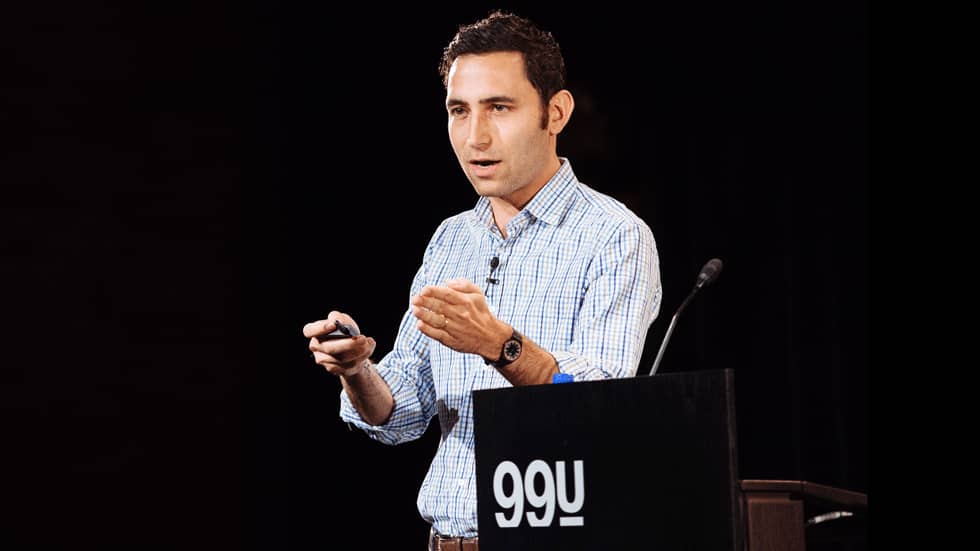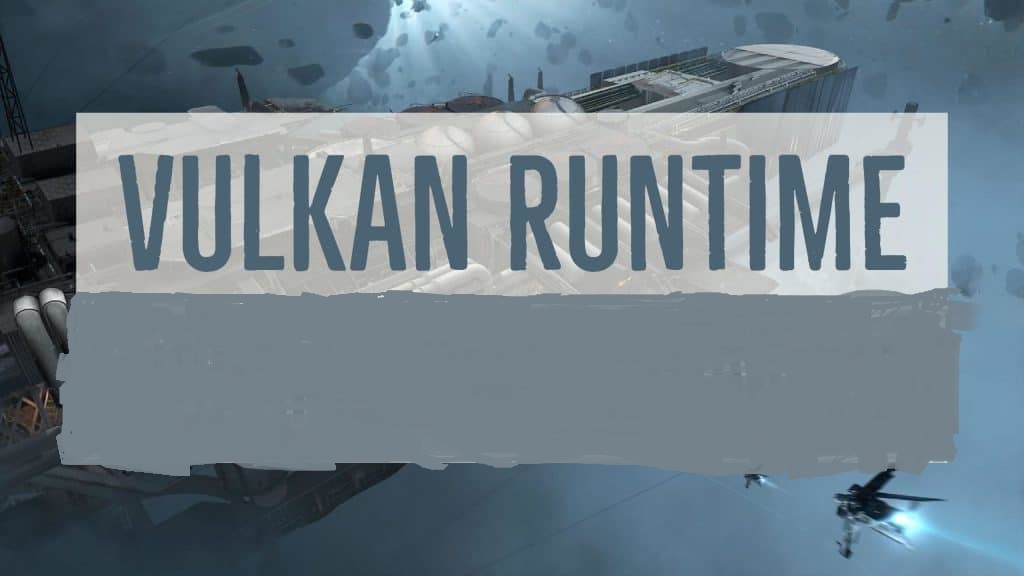Between 2001 and 2002 Scott Belsky attempted to start a business, was looking for an internship or a full-time job. This got him into working for Goldman Sachs, only to soon realize it wasn’t where he was going to spend my career.
The problem for him though was that he had no understanding of how a company is run, as well as finances. It was this that kept him with the company for three more years before he moved to business school and later started his company.
Speaking in an interview with Business Insider for a podcast episode of “Success How I Did It,” Belsky said while he was with Goldman Sachs he spent his time learning from colleagues, and at night he worked on his ideas.
It was, however, between 2004 and 2005 that it got real after he met another designer, Matias Corea. The two began sketching their business plan which later materialized to Behance, which is a network of over 10 million creatives around the world showcasing their work and getting jobs as well as opportunities.
Scott Belsky was able to save up some money from his over 4 years stay at Goldman Sachs, and that allowed him to stay without a paying job for two years as he worked on his business.
in late 2005, the company produced its first product. It was a design line of paper products that would help designers towards capturing actionable stuff that came out of meetings and brainstorms. After some promotions and advertising, the company soon got loyal customers.
The investment of $18,000 soon began paying good, and later Adobe came knocking with $150 million. And the company was sold.
According to Scott Belsky, after the offer was made, he had to look at how much his employees that were between 27 to 32 in number each would make from the sale.
Although he had the option of pocketing the money and walking off, Belsky didn’t believe it was a value of an entrepreneur.
You should be able to look at everyone that’s worked for you, look at them in the eye, and know that they feel like you took care of them. And I think it’s like the stewardship role of an entrepreneur is to take care of your team. And I think that goes through in difficult times as well as in great times.
After the business was sold and he helped his employees to make millions from the deal, he went on to be one of the earliest investors in Uber and Pinterest.
Lessons from the things Scott Belsky said at the Interview
- Learn: “I learned a lot about how the markets work and certainly improved my finance skills”.
- Work on your dreams and ideas: “And then at night I was kind of working my own ideas”.
- Don’t be scared of leaving your comfort zone: “It’s strange thinking back about how scared I was to leave this comfortable womb of Goldman Sachs, where I had healthcare and all of these little perks”.
- Must you go to business school first? “I would say that business school does not add a lot of credibility in my field of technology and entrepreneurship, and I don’t find that it gives me a ton of value”.
- Importance of being innovative: “I also think that it’s really helpful to learn the playbooks of the past, but when you’re really, really innovating at the edge of an industry, the playbooks of the past also can paralyze you”.
- How to start: “I had money saved up from Goldman”.
- Take care of your employees: “Everyone feels like they’re taken care of, they’re more loyal, and they stay engaged and focused on the right things”.
- Bootstrap and employee relationship: “I knew about each of their situations: I knew about their college loans. I knew a lot about these things because as a bootstrap business, you get very intimate with people’s financial situations because you’re working with them to figure out what will make it work”.
- When to Start: Now! “I think it’s a great time to start a company”
- Never forget to: “look for a team that is really receptive to feedback, really not just passionate but also empathetic with the customer. That’s really one of the biggest mistakes I see in entrepreneurship, is a team that’s super passionate about a solution, but they really don’t have empathy with the people that they’re targeting”.
The big answer to everything: I just wanted to control my own destiny
Finally, I like to say that a labor of love always pays off.














